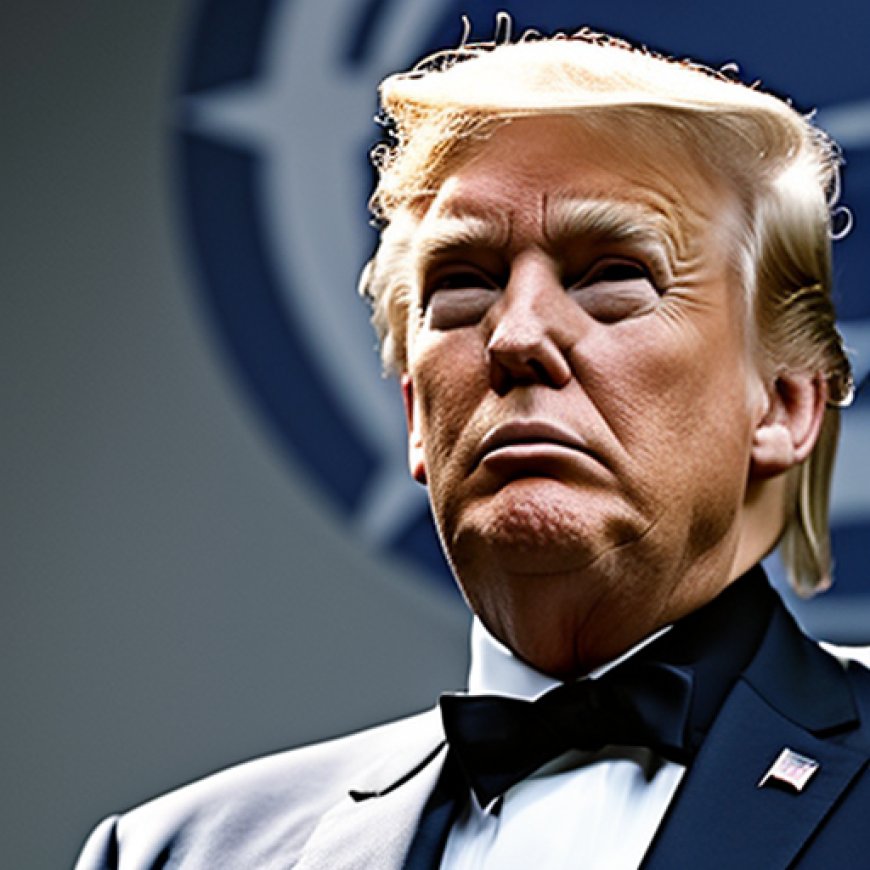Trump would pull out of Paris climate treaty again – and Harris faces tough choices | Barry Eichengreen


The Consequences of the 2024 US Presidential Election on Global Climate Efforts
Every US presidential election is consequential but American voters face an unusually weighty decision in 2024. The outcome will have implications for foreign policy, social policy, and the integrity of the political system. But none of its consequences will be more profound or far-reaching than on global efforts to combat the climate crisis.
The Candidates’ Positions on the Climate Crisis
- Donald Trump pulled the US out of the Paris climate agreement and promised to expand oil and gas production.
- Kamala Harris supported the Green New Deal and investigated the oil industry as California’s attorney general.
Clearly, the positions of the two candidates on the climate crisis could not be more different.
The Potential Impact of a Re-elected Trump
One might ask: what is so catastrophic about a newly re-elected Trump pulling the US out of the Paris accord a second time, if the next president could, like Biden, simply rejoin it?
In fact, Trump’s advisers are reportedly drafting executive orders that would remove the US not just from the Paris climate agreement but also from the UN framework convention on climate change, the foundation on which the Paris agreement is built.
Reversing that step would then require approval by the US Senate. And Senate approval cannot be taken for granted, given the ample representation in that chamber of oil- and gas-rich states.
Moreover, a Trump presidency would put other bilateral climate agreements, actual and potential, at risk. Currently, a prospective US-EU climate deal, intended to reconcile the respective economies’ different approaches to reining in greenhouse gas emissions, is in suspended animation, owing to the approach of the US election.
The Potential Impact of a Harris Presidency
Harris, on the other hand, would seek to reinvigorate these negotiations, at least if her support for the Green New Deal is any guide. But she could also do more. She could demonstrate her independence from her predecessor by removing Biden’s punishing tariffs on imports of Chinese electric vehicles, lithium-ion batteries, and solar panels.
Various rationales are offered for these tariffs. They secure domestic supply chains. They offset unfair Chinese subsidies and dumping. They give US factories time to move down their production learning curves and cut costs in key industries that would otherwise be dominated by a strategic rival. They hold out hope of creating additional manufacturing jobs.
These are worthy goals. But they come at the cost of impeding climate crisis adaptation and abatement of emissions. Shutting out economical Chinese EVs encourages US motorists to stick with internal combustion engines. Taxing Chinese solar panels discourages US households from installing lightweight plug-in panels on their balconies, as Germans do.
Thus, President Harris would face a dilemma. She would have to decide whether to prioritize domestic manufacturing jobs and economic independence from China over the fight against the climate crisis. There is no avoiding the trade-off. But, then, this is the type of question that presidents are elected to decide.
Source: theguardian.com








